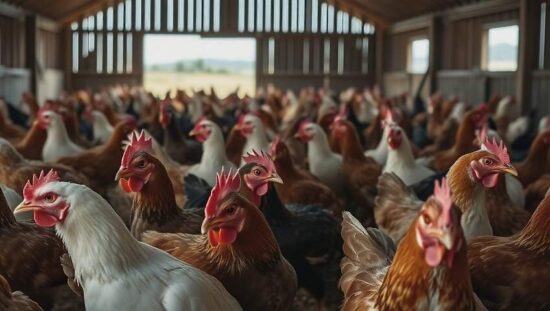The German Agriculture Ministry has drawn criticism for a perceived reluctance to implement a nationwide mandatory housing order for poultry, despite escalating concerns over the spread of avian influenza. Responding to inquiries from the dts Nachrichtenagentur, a ministry spokesperson emphasized the principle of devolved responsibility, stating that animal disease control is primarily the remit of individual federal states.
“The decision regarding the necessity of a mandatory housing order rests with the regional authorities” the spokesperson explained. “Implementation varies considerably across the country, reflecting the diverse regional patterns of outbreaks”. This positions the onus on individual states to address localized infections, with some, such as the Alb-Donau district, already enacting housing mandates.
The ministry’s stance has sparked debate over the efficacy of a piecemeal approach to containing the disease, particularly as avian influenza continues to spread across Europe. Critics argue that a unified, nationwide strategy would provide greater consistency and potentially offer more robust protection for the poultry industry.
Further scrutiny centered on the status of avian influenza vaccine development within Germany. The spokesperson acknowledged that vaccination could only serve a preventative role. “Any vaccination efforts currently wouldn’t be effective to mitigate the current infection events” they stated, offering no timeline or detail regarding ongoing research. This contrasts with neighboring France, which has already deployed a specially approved vaccine for ducks and geese, raising questions about Germany’s proactive measures in tackling the evolving crisis.
The ministry’s cautious approach and delayed vaccine progress risks further destabilizing the German poultry sector and potentially prolonging the spread of a disease with significant economic and ecological consequences.





